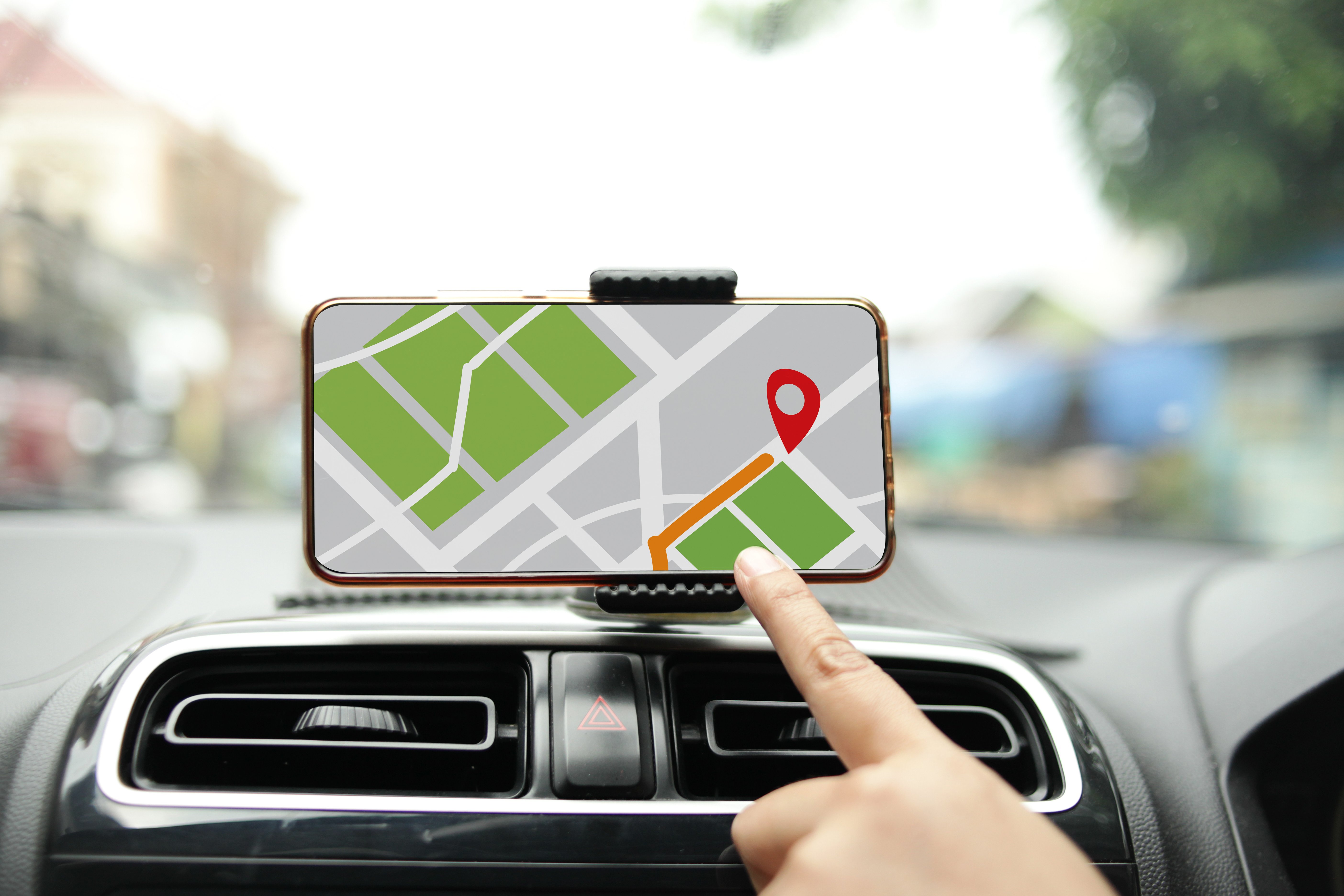
Did you realize that a driver traveling at just 25 mph covers the length of four football fields while entering an address into a navigation app? Navigation systems are just one contributor to distracted driving; cell phones, radios, in-vehicle technologies, and even hands-free devices divert drivers' attention, posing serious risks.
Social media is another factor, with drivers frequently engaging in activities like scrolling through Facebook, Instagram, Twitter, and Snapchat and even taking (and posting) videos and photos from behind the wheel. Research shows that a whopping 70% of drivers used their cell phones while driving in the last three months.
As many as one in three U.S. adults admits to using some kind of technology while driving, and the numbers are likely higher. With that many distracted drivers on the road, it's likely that many of them are your employees.
Does your company have a distracted driving policy? If not, here are five reasons to consider implementing one.
#1: Distracted Driving Kills.
“Distracted driving” is defined as driving while doing another activity that takes your eyes off the road, your hands off the wheel, or your mind off driving.
In 2022, nearly one in six crashes on Texas roads alone were caused by a distracted driver in which 487 people died and 2,824 were seriously injured.
By establishing, implementing, and enforcing a distracted driving policy, you can improve the safety of your employees, as well as others on the road.
#2: Distracted Driving Is Illegal.
Know the laws in your state. Distracted driving isn’t just dangerous — it's illegal. Most states have distracted driving laws on the books, and they're punishable by substantial fines or even jail time, depending on the severity of the offense.
In some states, it's illegal to use a phone while behind the wheel — even if it's hands-free. Texting while driving is illegal in most states, and there are laws prohibiting writing and reading texts, e-mails, and instant messages while on the road. Many states also prohibit drivers under a certain age from using any handheld device while driving.
The Federal Motor Carrier Safety Administration (FMCSA) prohibits all commercial drivers from using hand-held mobile devices.
#3: Distracting Driving Can Cost Your Company Big Bucks.
The truth is, when your drivers are guilty of distracted driving, they're opening your company up to major liabilities. When an employee is on company time or driving a company vehicle, it's the company that is ultimately responsible.
According to the U.S. Bureau of Labor and Statistics, there were a total of 5,190 fatal work injuries in 2021, up 8.9% from 2020. The cost per medically consulted injury in 2021 was $42,000, while the cost per death was $1,340,000. These figures include estimates of wages, losses, medical expenses, administrative expenses, and employer costs. This amount includes the cost of the motor vehicle but not potential property damage. The total cost of work-related injuries in 2021 was 167 billion dollars.
The bottom line is this: If an employee is involved in a crash while driving a company vehicle or even while using a company phone, the employer is ultimately responsible.
#4: Distracted Driving Is Bad for Business.
If your drivers are distracted because they're handling business or customer service calls from behind the wheel, they aren't doing their best to represent your company.
Not only does it look bad if an employee is driving a company vehicle while talking on the phone — or even worse, standing beside a company vehicle involved in a crash, holding up traffic in a busy intersection — but when drivers are distracted, they aren’t giving the necessary attention to their jobs.
That said, make sure your managers and leadership aren't part of the problem. Make it a policy that employees cannot call or text drivers when they're out on the road, and don't allow drivers to accept calls or texts. Instead, consider a policy of “no personal electronics while behind the wheel,” and restrict the use of navigation systems to when the vehicles are in park.
#5: Distracted Driving Is a Bad Driving Habit.
By implementing a distracted driving policy for your company, you're also helping reinforce safe driving habits for employees when they aren't on company time.
The best policy is for all drivers to adjust their mirrors, temperature, seats, radios, and navigation systems before they put their vehicles in the drive. Drivers should also turn off cell phones and put them out of reach to avoid the urge to answer them or read and respond to texts.
Make the dangers of distracted driving clear to your employees, so that the next time they get in their vehicles, they will already have safe driving habits in place.
To learn more about how to implement a distracted driver policy and improve driver safety for your fleet, contact the Smith System team of experts today or sign up for our DriverTrainer™ course below! DriverTrainer™ is a one-day course based on The Smith5Keys® proven to reduce risks on the road. Multi-company solutions are also available for businesses with only a few drivers, and larger regional sessions are available if your business has drivers in multiple locations.







